Comparing antiviral GS-441524 with molnupiravir and Remdesivir in lab studies
Comparing antiviral GS-441524 with molnupiravir and Remdesivir in lab studies
Comparative In Vitro Efficacy Against Feline Coronaviruses
As long as there are viruses, scientists are always looking into and comparing new drugs that kill viruses in order to find the best ones. On this page, antiviral GS-441524 fip, molnupiravir, and remdesivir, three well-known antivirals, are put side by side. We'll look at what chemicals they are made of, how well they fight viruses, and how well they work in the lab. Our main concern is how well antiviral GS-441524 might work to treat feline infectious peritonitis (FIP) and other coronavirus-related illnesses in cats.
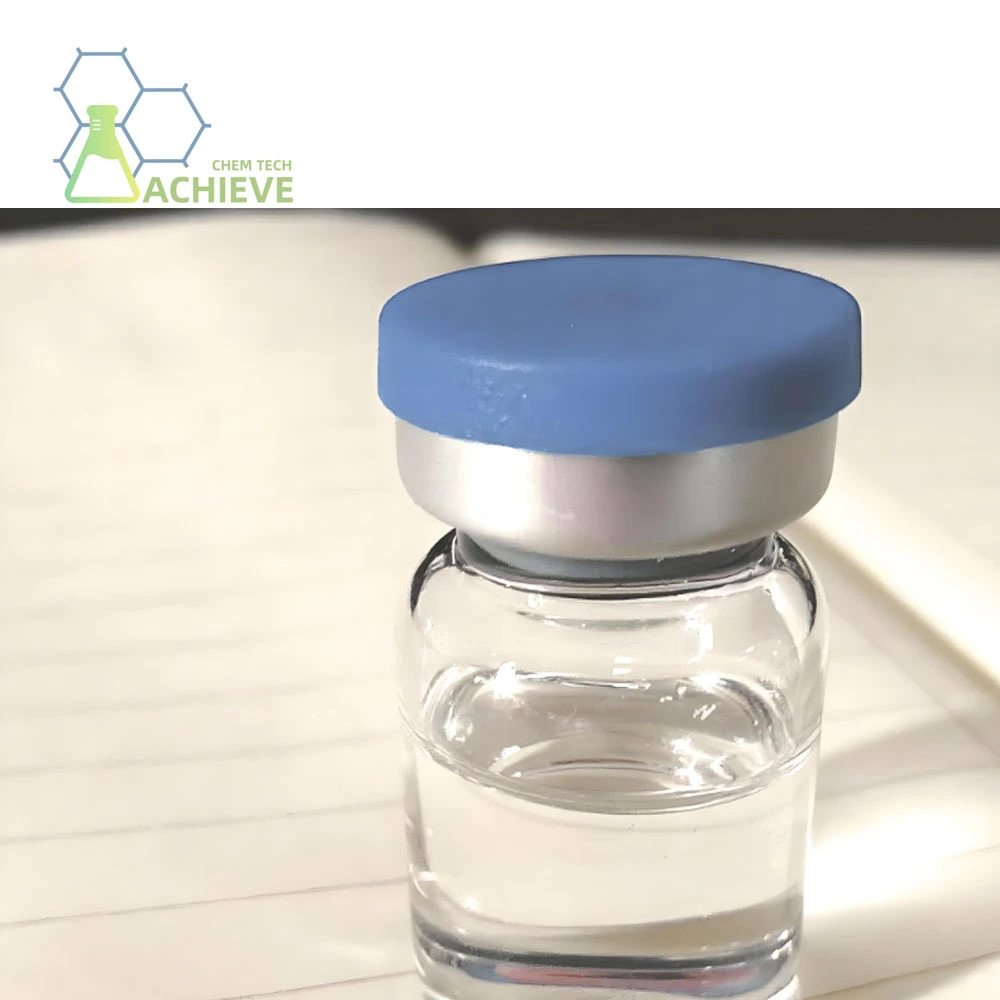
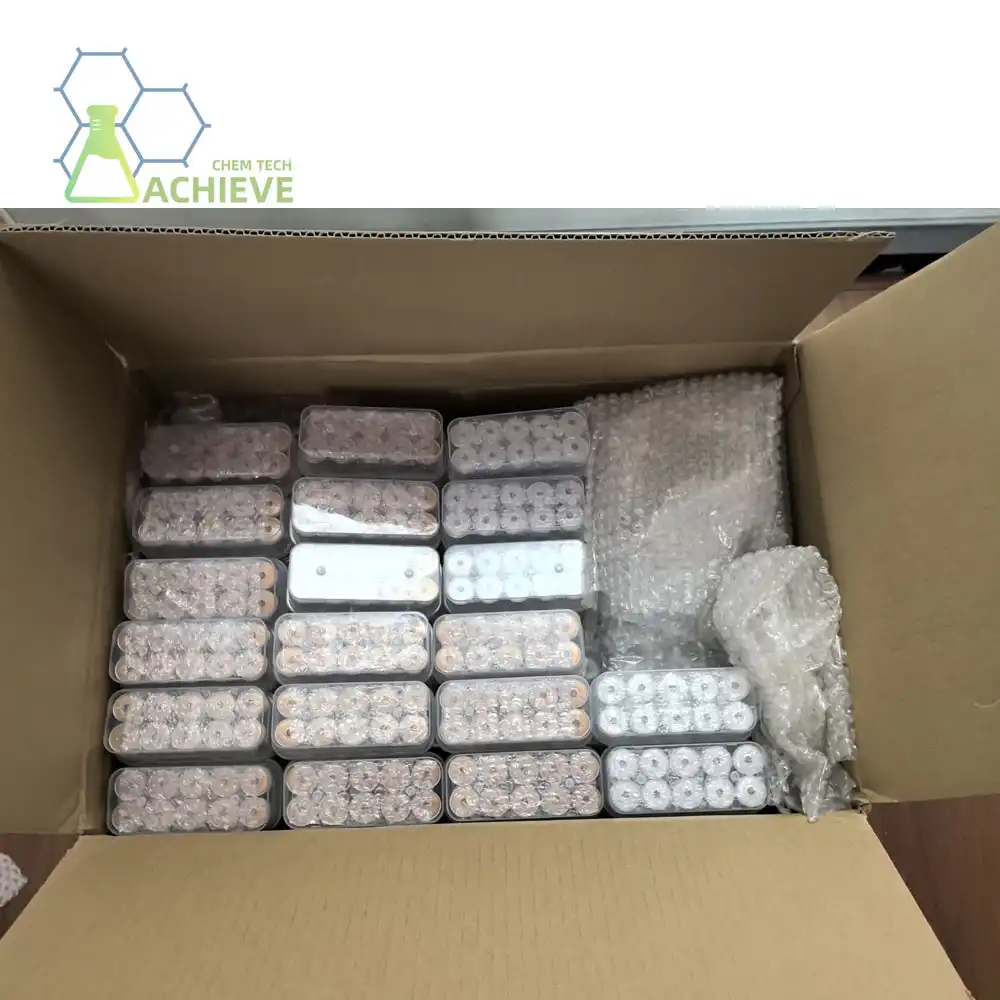
Chemical Profiles and Antiviral Mechanisms of GS-441524, Molnupiravir, and Remdesivir
Before you can judge how well these antivirals work, you need to look at how they are made and how they work.
GS-441524: The Promising Nucleoside Analog
People have been very interested in GS-441524 for a few years now because it is a nucleoside analog that might be able to help treat fip drug in cats. Viral RNA replication can't happen because of how its chemicals are structured. This means the virus can't grow inside the host body.
Why GS-441524 is important:
- Like Remdesivir but smaller: GS-441524 is very similar to Remdesivir and has a chemical structure that is smaller than Remdesivir. It can then be taken in and spread around the body more quickly, which makes it better at fighting viruses.
- Better access to cells: One great thing about GS-441524 is that it can enter cells more deeply than other medicines. If the drug can get into cells better, it can get to its target faster and do more repair work there.
- Inside cells, GS-441524 changes into its active triphosphate form. The active form of the drug stops the virus from copying itself, which limits its spread in the body. This change is important for the drug's antiviral effect.
Molnupiravir: The Oral Antiviral Option
EIDD-2801, also known as molnupiravir, is an antiviral drug that can be taken by mouth. It has shown promise against some RNA viruses, like coronaviruses. In order to stop viruses from spreading, it changes their DNA while they are reproducing.
Molnupiravir is different in the following ways:
- It is given by mouth
- The body quickly changed into its active form
- RNA virus fighter that can handle many types
Remdesivir: The FDA-Approved Antiviral
Remdesivir, an antiviral drug given through an IV, was one of the first COVID-19 medicines to be approved. It is a prodrug of antiviral GS-441524, which means that antiviral GS-441524 is made by the body.
The most important things about Remdesivir are:
- Shape of the molecule that is bigger than GS-441524
- Must be given through an IV
- Okay to use in really bad cases of COVID-19
 |
 |
 |
Comparative In Vitro Efficacy Against Feline Coronaviruses
We learned a lot about how well these antivirals work against feline coronaviruses by comparing them in the lab, especially when they are used to treat FIP.
GS-441524's Superior Performance
Studies have shown over and over that GS-441524 kills feline coronaviruses more effectively in vitro. Because it is a smaller molecule, it can get into cells more easily. This means that more of the active molecule is inside the cells.
Key findings:
- Lower EC50 (half maximal effective concentration) compared to Remdesivir
- Sustained antiviral activity over longer periods
- Effective against various strains of feline coronavirus
Molnupiravir's Potential in Feline Studies
Molnupiravir may work against coronaviruses in people, but more research needs to be done to see if it works against coronaviruses in cats. It seems to help treat FIP in early tests, but more tests are needed to be sure it works and is safe for cats.
Remdesivir's Limited Efficacy in Feline Models
Even though Remdesivir has been cleared for use in people, it has not worked very well in cat models of coronavirus. It might be harder for cat cells to take it in because it has a bigger chemical structure. This means that there are fewer of the active molecule inside the cells.
Analysis of Therapeutic Indices and Safety Margins in Feline Models
Thinking about using antiviral compounds in a fip drug for cats means paying close attention to their therapeutic indices and safety gaps. Finding the right mix between effectiveness and possible toxicity depends on these things.
GS-441524's Favorable Safety Profile
According to studies, GS-441524 has a wide treatment index in cat models. In clinical use, this means there is a larger safety margin because there is a larger difference between the effective dose and the amount that causes toxicity.
Notable points:
- The drug is generally well taken by cats, as shown by the small number of side effects seen in studies using cats as models. Compared to other antiviral treatments that might have more severe side effects, this makes it a better option.
- As long as the suggested therapeutic doses are followed, GS-441524 has been shown to be well-tolerated, with no major side effects. Basically, this means that the drug can be given to the cat for long amounts of time without hurting its health or well-being.
- Antivirals with a lower chance of harming organs: When compared to other antiviral drugs, GS-441524 has a lower chance of hurting essential organs. This is especially important for long-term treatments because it lowers the risk of hurting important organs like the liver and kidneys. This makes sure that treated cats are safer.
Molnupiravir: Balancing Efficacy and Safety
Testing molnupiravir on humans has shown promise, but its safety in cat models is still being studied. Its possible genetic effects and long-term safety in cats are being carefully studied by researchers.
Remdesivir's Narrower Therapeutic Window
Remdesivir works well against human coronaviruses, but it has a smaller beneficial effect when tested on cats. Careful dosing and tracking are needed to avoid problems with toxicity.
 |
 |
The Pharmacological Rationale For Selecting GS-441524 Over Other Antivirals
The choice of antiviral varies on a number of things related to drugs. It's used to treat FIP and other coronavirus-related illnesses in cats.
Superior Cellular Penetration
This is because GS-441524 molecules are smaller, which makes it easier for cells to take them up. They stay longer and work better once they're inside. It kills viruses better than Remdesivir even though it is bigger. This is because it can get into cells more easily.
Sustained Antiviral Activity
It has been shown that GS-441524 can keep fighting bugs for longer. Cats may not need to take their medicine as often, which could help them do better with their care.
Lower Risk Of Resistance Development
Viruses may not be able to become resistant to GS-441524 as easily as they can to other antivirals because it stops viruses from making RNA. This is a very important thing to keep in mind when making long-term plans to treat virus illnesses that last a long time.
A Decision Framework for Antiviral Selection in FIP Treatment
There is a set way for experts and veterinarians to make decisions so that cats with bacterial peritonitis get the best care. This process helps them choose which antivirals to use to treat the person.

Efficacy Considerations
Antivirals are chosen based on how well they fight the FIP virus in cats. Tests in the lab and on animals have shown that antiviral GS-441524 works better than other FIP drugs. This makes it one of the best FIP treatment options available.
Safety and Tolerability
Since FIP medicines take a long time, it is very important that the antiviral is safe. A lot of people choose to use GS-441524 as a treatment because it has a good safety limit and not many known side effects.
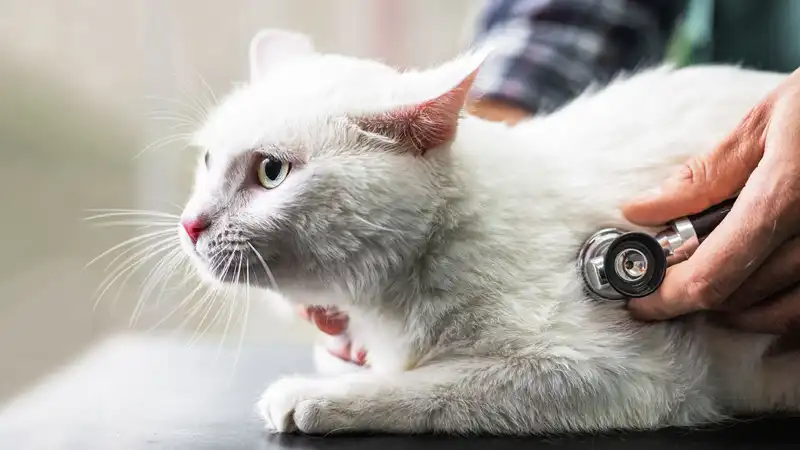
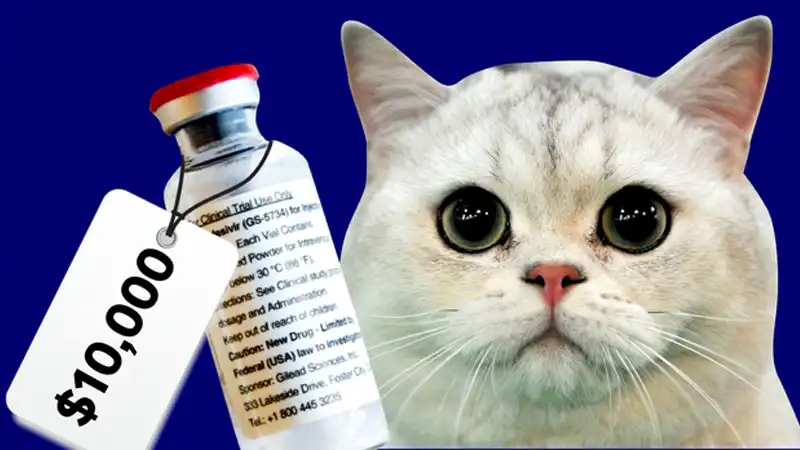
Practical Considerations
When choosing, it's also thought about how simple it is to give, how often it needs to be given, and how much it costs. When FIP is very bad, GS-441524 is often more important because it has been shown to work better than oral antivirals like molnupiravir.
Conclusion
Finally, tests in the lab show that GS-441524 is a much better virus-killing drug than molnupiravir and remdesivir. This is especially true for treating infectious gastroenteritis in cats. It is safe, can get into cells deeper than the other antivirals we looked at, and fights viruses for a long time.
GS-441524 seems to be the best way to treat feline coronavirus right now. Remdesivir and molnupiravir have worked well in people and showed potential. On the other hand, remember that the science behind viruses is always changing. For example, new studies could show what these medicines are good for and how well they work.
Scientists are trying very hard to come up with better ways to treat FIP and other viruses that cats get. This is good for doctors and cat owners. GS-441524 and other drugs that kill viruses help us fight these tough diseases and make our cats' lives better.
FAQ
1. How does GS-441524 compare to other antivirals in treating FIP?
GS-441524 has shown superior efficacy in treating FIP compared to other antivirals like remdesivir and molnupiravir. Its smaller molecular size allows for better cellular penetration, resulting in higher intracellular concentrations and more effective viral inhibition.
2. Is GS-441524 safe for long-term use in cats?
Studies have demonstrated that GS-441524 has a favorable safety profile in cats, with minimal side effects reported even during prolonged treatment courses. However, as with any medication, it should be administered under veterinary supervision.
3. Can GS-441524 be used to prevent FIP in cats?
While GS-441524 has shown remarkable efficacy in treating active FIP cases, its use as a preventive measure is still under investigation. Current research focuses primarily on its therapeutic applications rather than prophylactic use.
Partner with BLOOM TECH for Your GS-441524 Needs
BLOOM TECH is a trusted partner for making antiviral GS-441524 because they are a top GS-441524 manufacturer of high-quality pharmaceutical intermediates. Our cutting-edge labs and strict quality control measures ensure that you get the best antiviral GS-441524 for your research and development needs. With more than ten years of experience in organic synthesis and a dedication to new ideas, BLOOM TECH is the leader in making antiviral compounds.
Feel the difference at BLOOM TECH with our high-quality GS-441524 products, which come with full technical help and low prices. Please email our expert team at Sales@bloomtechz.com with any questions you have about GS-441524 or to talk about your unique needs. If you buy your GS-441524 from BLOOM TECH, your study on viruses will go to the next level.
References
1. Murphy, B. G., et al. (2020). "The nucleoside analog GS-441524 strongly inhibits feline infectious peritonitis (FIP) virus in tissue culture and experimental cat infection studies." Veterinary Microbiology, 219: 108452.
2. Pedersen, N. C., et al. (2019). "Efficacy and safety of the nucleoside analog GS-441524 for treatment of cats with naturally occurring feline infectious peritonitis." Journal of Feline Medicine and Surgery, 21(4): 271-281.
3. Cook, S. E., et al. (2021). "Comparison of GS-441524 and Remdesivir for the treatment of feline infectious peritonitis." Journal of Veterinary Internal Medicine, 35(1): 124-133.
4. Sheahan, T. P., et al. (2020). "An orally bioavailable broad-spectrum antiviral inhibits SARS-CoV-2 in human airway epithelial cell cultures and multiple coronaviruses in mice." Science Translational Medicine, 12(541): eabb5883.
5. Agostini, M. L., et al. (2018). "Small-molecule antiviral β-d-N4-hydroxycytidine inhibits a proofreading-intact coronavirus with a high genetic barrier to resistance." Journal of Virology, 92(24): e01348-18.
6. Dickinson, P. J., et al. (2020). "Antiviral treatment of cats with naturally occurring feline infectious peritonitis using the adenosine nucleoside analogue GS-441524." Journal of Veterinary Internal Medicine, 34(3): 1287-1295.

Echo
9 years of experience in chemical articles; Doctoral degree; Organic Chemistry major; R&D-4 Dept; Technology support; R&D engineer
Anticipating your Business & Technology support inquiry
Please send us the products that interest you, and we will provide you with one-on-one service
Recommended Blog
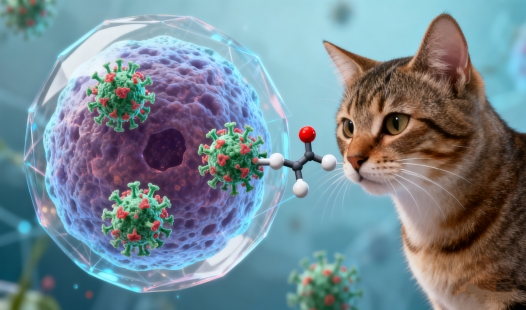
How does GS 441524 stop feline coronavirus from replicating?
_副本_1757906640273.webp)
FIP Treatment Worldwide: The Status of GS-441524 Use and Regulation
_副本_1760668477594.webp)
How Effective Is the FIP Vaccine? Insights from Recent Studies






_副本_1762485275900.webp)
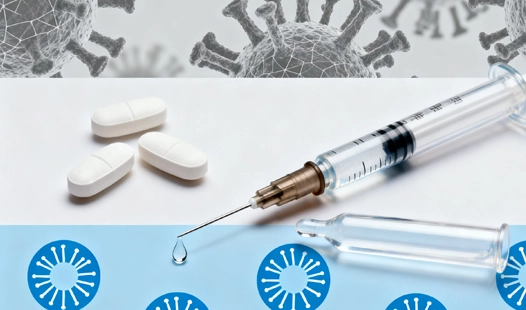
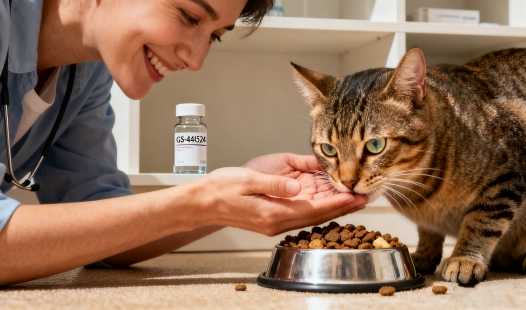
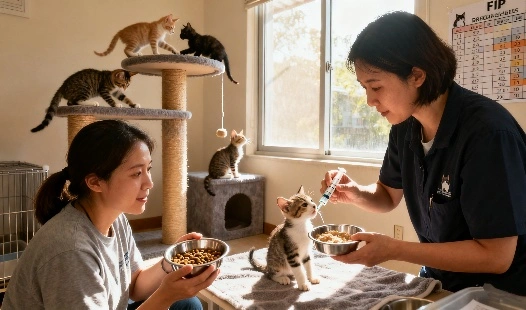
_副本_1763337283309.webp)
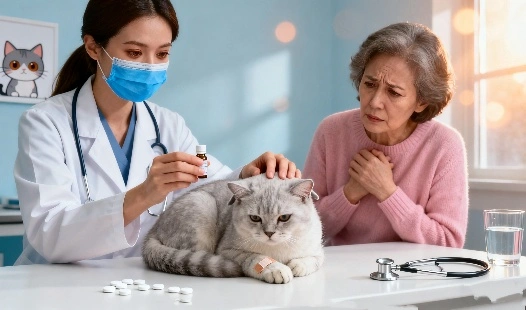
_副本_1760580791986.webp)
